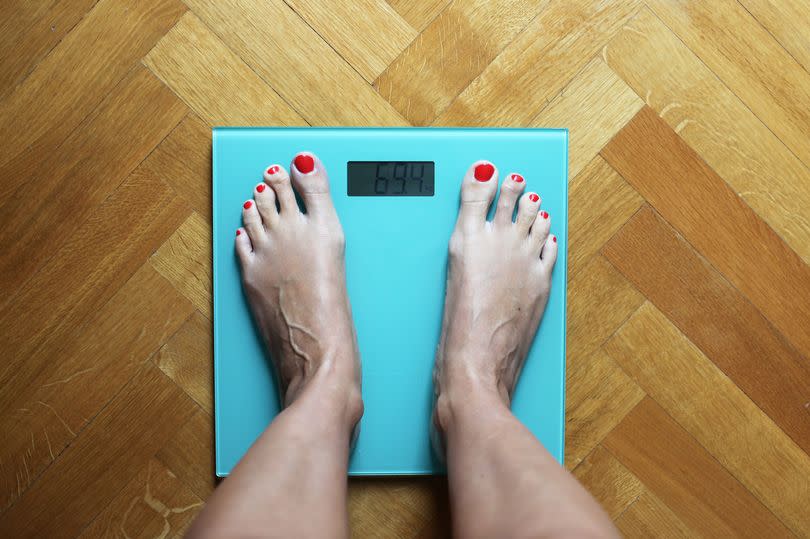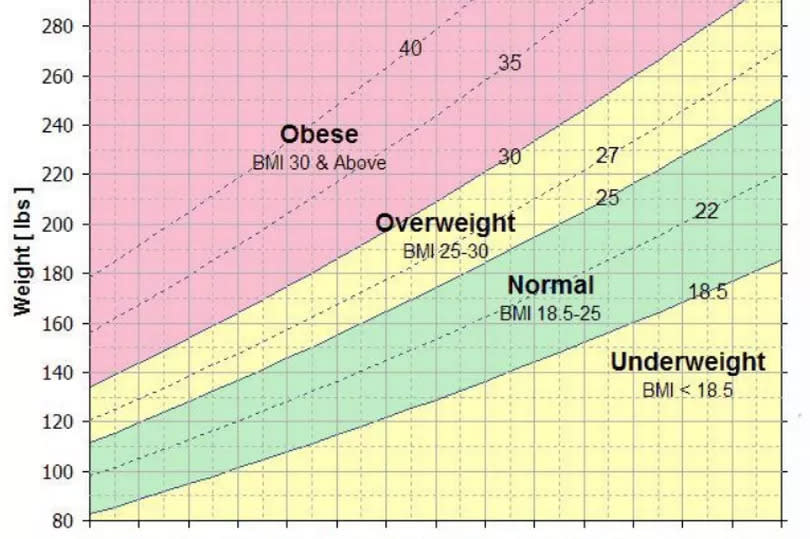How to check if your BMI is correct for your age and what to do if it isn't

Body mass index (BMI) is a commonly used tool to gauge whether your weight is suitable for your height. It offers an insight into whether you're at a healthy weight, overweight or underweight.
While BMI isn't always the most precise measure due to other factors that can influence weight, it serves as a helpful guide.
The calculation of your BMI involves dividing your weight in kilograms by your height in metres squared. This method is specifically tailored for adults, given that children and teenagers are still growing.
Read More: 'Bone break fever' symptoms as Brits heading to European hotspots including France and Spain are warned Keep up to date with all the latest breaking news and top stories from the North East with our free newsletter
Being overweight and leading a sedentary lifestyle could lead to cardiovascular diseases, gallbladder disease, hypertension, type 2 diabetes, osteoarthritis, certain types of cancer like colon and breast cancer, depression and other mental health disorders.
On the other hand, being underweight could result in malnutrition, compromised immune function, respiratory disease, digestive diseases, cancer or osteoporosis.
The NHS provides an online BMI calculator for public use. "BMI is just one way to measure health. It cannot tell you if you're carrying too much fat, or if you've got lots of muscle," it advises.

The NHS also recommends measuring your waist to determine if you're carrying excess fat around your abdomen. The goal should be to keep your waist measurement to half your height.
Waist circumference can serve as an indicator of health risk for chronic diseases.
For men and women alike, the NHS emphasises: "A higher BMI increases the chance of developing long-term conditions, such as type 2 diabetes and heart disease. The BMI calculation is just one measure of health. It cannot tell the difference between muscle and fat."
"For example, if you have a lot of muscle, you may be classed as overweight or obese despite having low body fat. This is why you may get a better idea of your overall health from measuring your waist."
It's important to note that a BMI tool should not be used for diagnosing any symptoms. If concerns about weight arise, it's advised to speak with a local pharmacist or GP surgery to explore reasons why BMI might not align with an individual's height.
The guidance also states that BMI calculators are not suitable for those under 18, pregnant individuals, those diagnosed with or suspecting they have an eating disorder, or anyone with a condition affecting their height.

 Yahoo News
Yahoo News 
